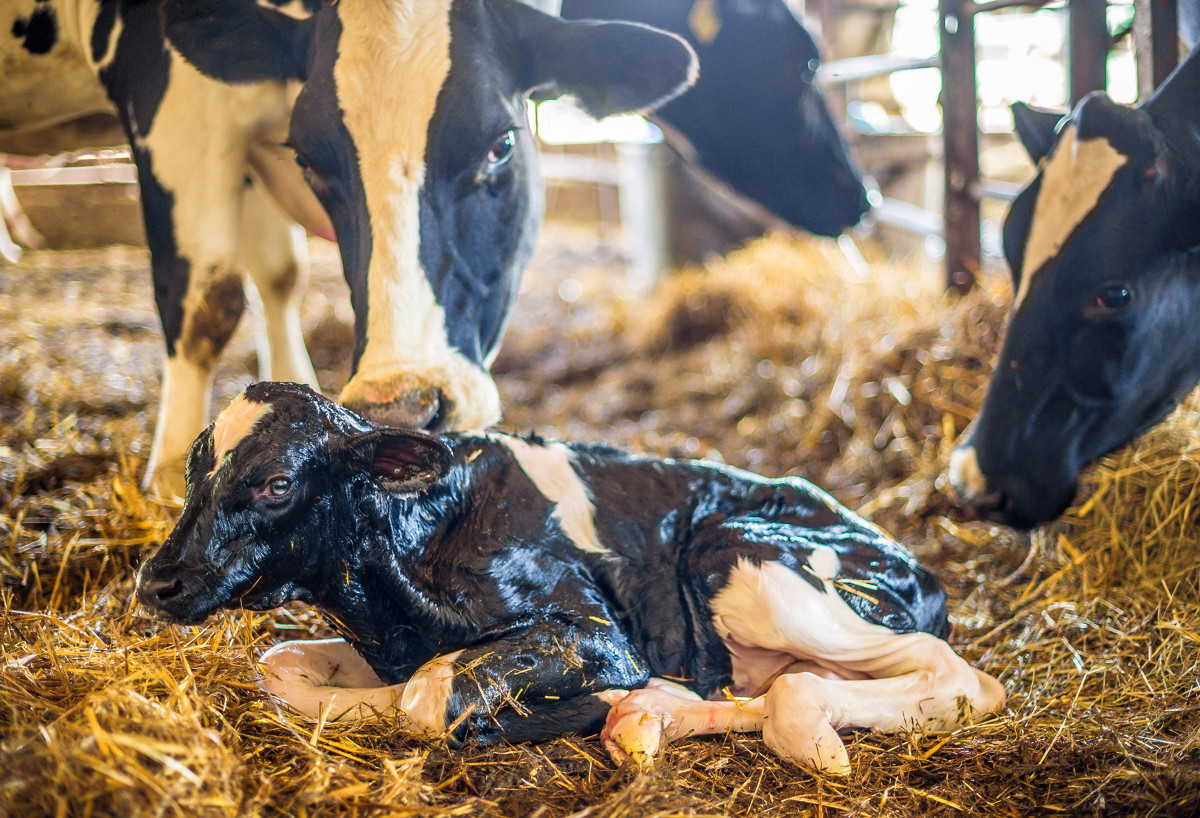This year’s Great British Calf Week will focus on two themes – dairy beef genetics and tuberculosis (TB) calves.
The week-long campaign will take place from September 13-20, 2023, and will showcase interactive events hosted by industry stakeholders.
The week aims to celebrate the progress that industry has made since the launch of the Dairy Calf Strategy in 2020 through a series of webinars, farm walks and events.
Great British Calf Week will kick of at UK Dairy Day in Telford on Wednesday, September 13, with a breakfast launch on the National Farmers’ Union’s (NFU) stand.
NFU dairy board chair, Michael Oakes, said the event will celebrate the “significant progress” that industry has seen under the GB Calf Strategy.
“Since 2020, there have been a number of commitments made across both the beef and dairy supply chains to better integrate the two, and help ensure, as dairy farmers, we are rearing calves with an end market in mind,” he said.
“As we approach the end of the initiative’s final year, we need to continue working together to identify market opportunities and help ensure we are maximising the value of each calf to optimise returns.”
Since the launch of the strategy three years ago, the NFU said “huge strides” have been made across the supply chain to implement breeding strategies which rear all healthy calves “with care and for a purpose”, including an increase in the use of sexed dairy semen, from 31.9% in 2019 to 76.5% in 2023.
Bovine TB
At the outset of the GB Calf Strategy, a Bovine bTB subgroup was established to help increase access for TB restricted cattle into licenced TB units.
The group includes:
- The NFU;
- NFU Cymru;
- The Department for Environment, Food and Rural Affairs (Defra);
- The Animal and Plant Health Agency (APHA);
- The Welsh government;
- Representatives from the dairy and beef supply chains.
The group said it has worked to try to overcome some of the “red tape and barriers” impacting producers affected by TB.
The group said its next meeting will be in early September at a member’s TB isolation unit, where it will discuss extended filling periods and the potential for dual herd sourcing isolation units.

